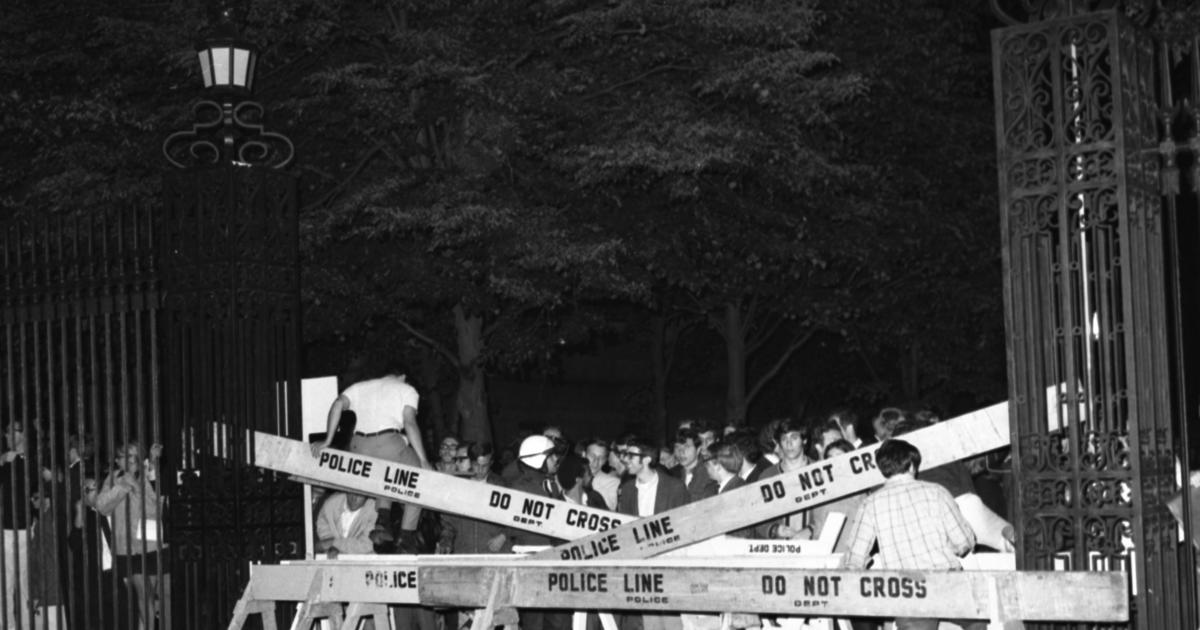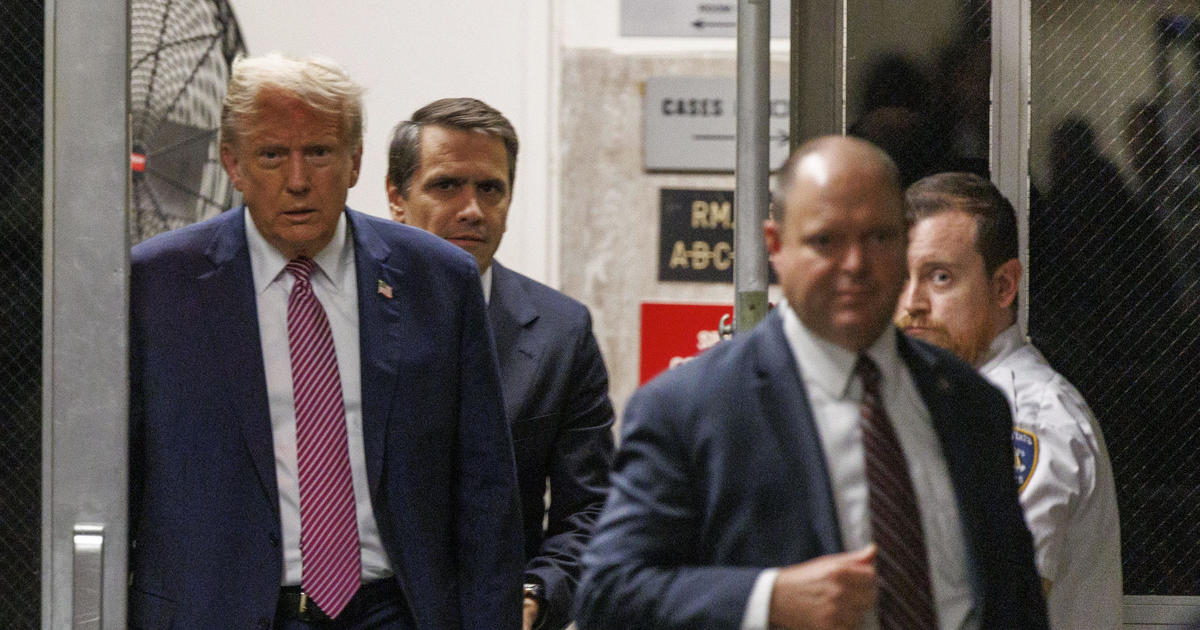Supreme Court Decision On Voting Rights Act Greatly Impacts New York City
NEW YORK (CBSNewYork) -- The Supreme Court struck down a part of the Voting Rights Act designed to protect minority voters.
The decision has wide-ranging implications for New York because three city counties will no longer be under the federal government's thumb, CBS 2's Marcia Kramer reported Tuesday.
Changes in New York election law will no longer have to be pre-cleared by the Department of Justice. That's the effect of the high court's ruling that struck down a part of the Voting Rights Act that since 1965 has protected minority voters.
The case was brought by Shelby County, Alabama, which argued that the South has changed in the last 50 years and the advance approval requirement is no longer needed.
"The American South has integrated African-Americans and minority fully into public life," said Edward Bloom, director of Project on Fair Representation.
The ruling applies to all or part of 15 states, including Manhattan, Brooklyn and the Bronx in New York City. It means that any voting changes don't need Justice Department approval. So, for example, a challenge to the state Legislature's recent decision to move up the New York City primary by a week and to allow the use of the old levered voting machines would be unlikely to succeed before Election Day on Sept. 10.
The Obama administration was less than pleased.
"Our country has changed for the better since 1965, but the destination that we seek has not yet been reached," Attorney General Eric Holder said.
Civil rights leaders argue federal monitoring is still needed in some places, pointing to recent state laws that require voters to show government issued photo IDs.
"This decision by the court today is a game changer. It leaves virtually unprotected minority voters in communities all across this country," said Sherrilyn Ifill of the NAACP Legal Defense Fund.
The ruling could also affect a lawsuit against Albany's 2012 redistricting lines. And since redistricting is required every 10 years after the U.S. Census, the effect of the decision could be felt here for decades.
The 5-4 ruling showed a sharply divided court. The court did allow for special federal oversight of voting in the future, but said Congress must come up with a new formula to determine which states should be covered.
You May Also Be Interested In These Stories



